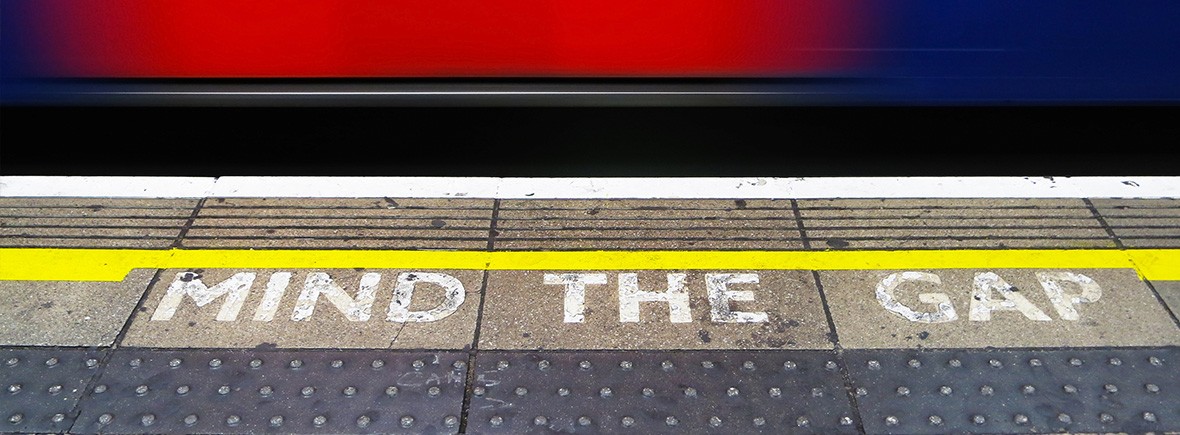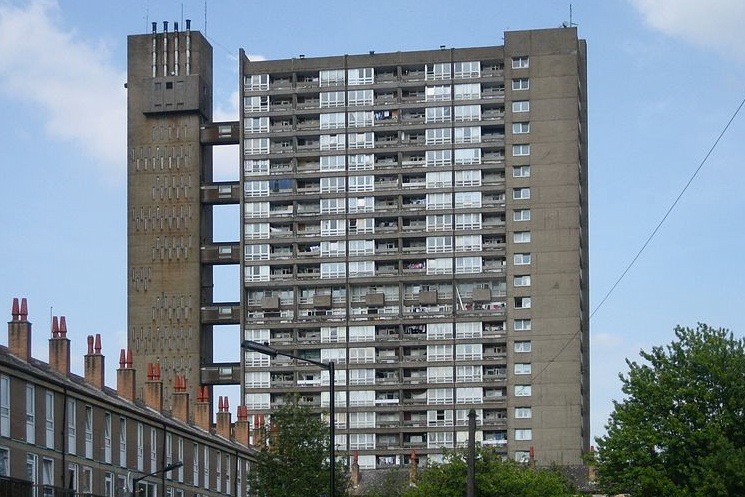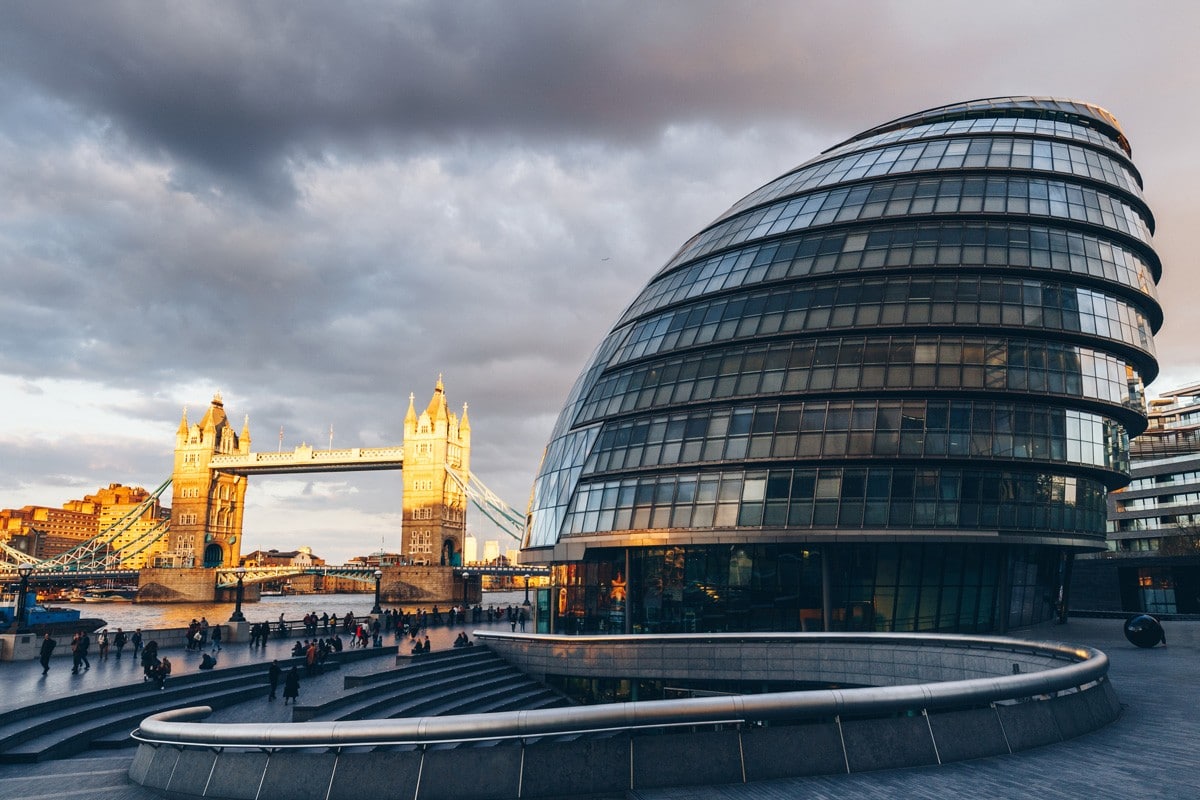As we head to London in the wake of the Grenfell Tower inferno, the class divide is heavy on our minds
In Greek mythology, Chimera was a fire-breathing creature with a lion’s head, a goat’s body, and a serpent’s tail. Today, her name has come to denote anything composed of very different parts: a collection of things that don’t belong together.
It’s a fitting way to describe how I felt after graduating from university. I’ve explained in Checking my privilege and Asian girl, English boy that I had a very simple childhood. My family was poor but so was everyone else’s. My parents were immigrants but so were everyone else’s. There was a uniformity that precluded envy, tension, or confusion about my identity. I was Bangladeshi and I was poor. Hey ho.
After graduation, however, I entered a different world – one seen only by those with social mobility. This genteel world of soft carpets and elegant fonts was inhabited by people so very different from me: middle class, worldly, wealthy. In their midst, my accent, already hewn by years at university, was sanitised further.
Over time, I became a sort of chimera myself: once poor but now no more, once religious and now not sure. My life straddled two worlds and from my rocky pedestal I caught sight of the chasm in between.
It’s this chasm that has caused so much of the tension we see today, on our screens and on our streets. It’s why there’s such a lack of empathy. It’s why working-class students sling unthinking insults at the rich and why the residents of Kensington, after seeing lives ravaged by fire, seem most concerned about the price of their property.
“We paid a lot of money to live here, and we worked hard for it. Now these people are going to come along, and they won’t even be paying the service charge.”
“I’m very sad that people have lost their homes, but there are a lot of people here who have bought flats and will now see the values drop. It will degrade things. And it opens up a can of worms in the housing market.”
Mercifully, some elites recognise that they cannot really know what life is like for Britain’s masses. I was reassured a few years ago when I read a piece by Alex Derber, an Old Etonian and old colleague of mine. In it, Alex acknowledges his privilege and admits that he and his peers cannot understand what life is really like for people on low income.
“When I attended Eton in the 1990s pupils practised foxhunting on bicycles and went scuba-diving in PE. Some dined annually with the Queen. I made toast for a Saudi royal and shared classes with Prince William.”
Men from Alex’s world may feel theoretical empathy towards the lower classes but this rarely translates to true kinship. They may acknowledge that life is hard for a working single mother or a poor black teenager, but they rarely understand. How can they when their paths never cross, let alone combine with those of the ‘other’?
Clearly the task of closing the empathy gap is deeply complex. The solution involves investment in education, widening access to elite fields and improving social integration. These are long-term goals that will take years, decades even. So what can be done in the interim?
I think the ‘chimeras’ among us have an important role to play in closing the empathy gap. These chimeras have the language and experience that allows them to communicate with people all across the spectrum. It’s likely true that Old Etonian and ex-prime minister David Cameron can work a room better than London Mayor Sadiq Khan – but would Cameron do as well in an inner city school or London mosque?
Sadiq Khan, the son of a bus driver, has a broader range of life experience and can do so much with it when allowed into the right rooms.
This is not to say that everyone from a working-class background can be a champion of change – or indeed vice versa. I recently watched an Election Blind Date with Cambridge professor Mary Beard and nightclub owner Peter Stringfellow, and was riled to see the latter espousing that old trope of ‘I was poor and if I did it, anyone can’. There’s a name for that, Peter: survivorship bias.
Caveat aside, I strongly believe that increasing the visibility of chimeras (if I can labour the name) would help in closing the empathy gap. This doesn’t mean merely putting talking heads of a different colour on TV (there are brown people born privileged too); it means seeking out people like Sadiq Khan who truly understand both worlds.
It means finding the educated sons and daughters of labourers, seamstresses, cleaners and caretakers and enabling them to take an active role in change, be that through law, politics, journalism or activism.
In a time when the prime minister of the United Kingdom literally runs away from our city’s worst problems, we desperately need more people in power who understand the real challenges of our multicultural but deeply divided country.








